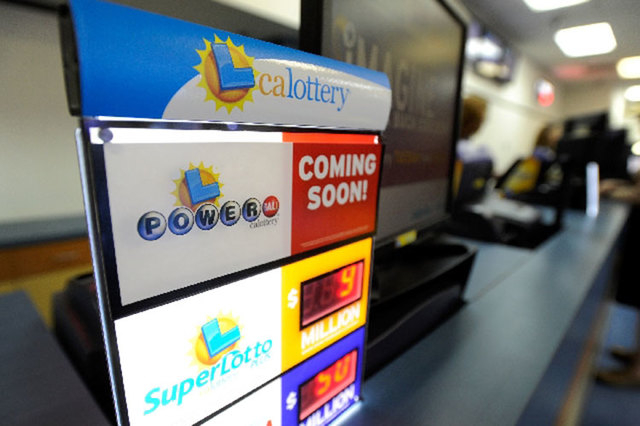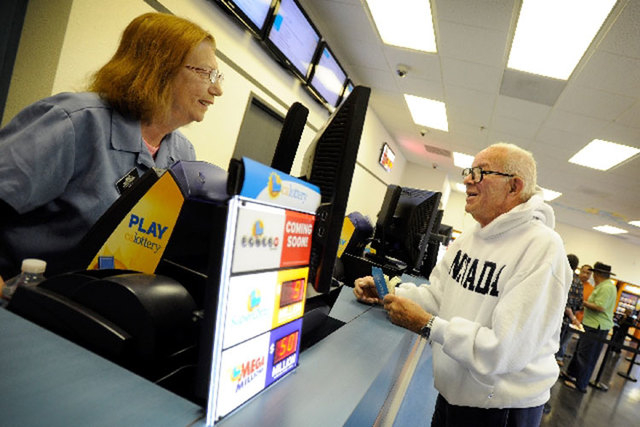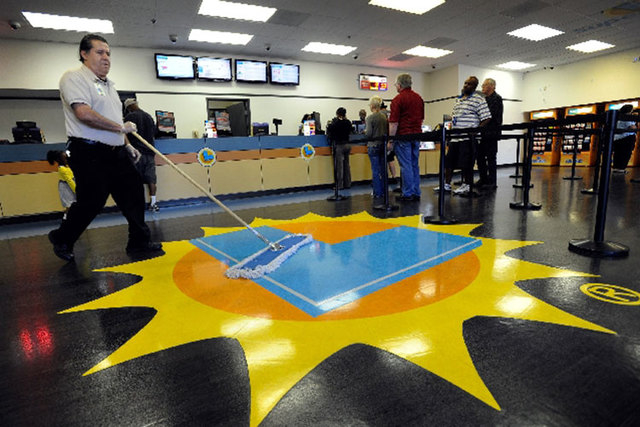Online lotteries flourish after 2011 change in Wire Act



Internet gambling supporters rejoiced when the Justice Department — two days before Christmas in 2011 — changed its opinion on the Federal Wire Act and opened the doors for online wagering expansion across the United States.
However, the growth has been in state-run online lotteries, not poker or other casino games.
A study released this month by GamblingCompliance.com found Internet lottery is expanding on a much faster pace than Internet casino gaming. Last year, three states — Georgia, Michigan and Minnesota — began selling state lottery tickets over the Internet. More than a dozen states offer some form of Internet lottery capabilities, such as subscription sales.
Chris Krafcik, the North American research director for GamblingCompliance, expects at least one more lottery state, possibly Kentucky, to start selling lottery tickets online. More than a dozen states are debating Internet lottery issues.
GTECH Holdings, which manages the Georgia Lottery, recently rolled out a large selection of online games for the state’s lottery.
“The convenience and timeliness of the Internet channel will facilitate incremental growth,” Georgia Lottery CEO Debbie Alford said in a statement.
Meanwhile, Internet casino gaming has regressed.
Just three states — Nevada, New Jersey and Delaware — offer Internet casino games. Krafcik said it was doubtful any state will add online poker or casino games this year. Debate is taking place in almost a dozen state legislatures, including California. Already, Mississippi and Washington abandoned their online poker efforts.
The results from online casino gaming haven’t been the windfall analysts and elected leaders predicted.
New Jersey’s Internet gaming revenue for 2014 was $122.8 million, far below Gov. Chris Christie’s lofty forecasts of $1 billion or more. Two sites tied to Atlantic City casinos ceased operations during the year.
In poker-only Nevada, Station Casinos-owned Ultimate Poker shut down its business in November after 19 months. During 2014, the state saw just one month — June — when its three operating websites combined for $1 million in online poker revenue.
“Internet lottery expansion is gathering pace,” Krafcik said. “Currently, there are four times as many states offering some form of Internet lottery as there are offering Internet casino gaming.”
It was actually a request from the lottery industry that caused Justice Department officials to re-evaluate the Wire Act. In 2009, New York and Illinois lottery executives sought an opinion about using the Internet and out-of-state processors to sell lottery tickets.
Two years later, the Justice Department reversed its opinion of the Federal Wire Act, saying it only applied to sports wagering. The move allowed states to enact online gaming regulations.
“It wasn’t a floodgate like most people thought it would be,” said Charlie McIntyre, executive director of New Hampshire Lottery. “It was more like a trickle gate. States move at a very slow and deliberate pace.”
Krafcik said Internet lottery ticket sales didn’t move the needle on the market. Lottery customers are still flocking to convenience stores and other lottery ticket sales outlets.
The Internet figure accounted for less than 1 percent of the $70.15 billion in total lottery sales in the United States for fiscal 2014.
“States will come online, but it will be slow,” said McIntyre, who also leads the government relations committee for the North American Association of State and Provincial Lotteries. “The states are never going to do something that will hurt sales by brick-and-mortar stores.”
The lottery states also want to continue to decide their destinies. That’s one reason the association, state lawmakers, and other groups will eventually voice their opposition to the latest move in Congress to restore the Wire Act’s previous ban on Internet wagering.
They know there is a fight ahead of them.
Rep. Jason Chaffetz, R-Utah, introduced the legislation Feb. 4. It’s the same bill he introduced a year ago that brought heated opposition from lotteries and legislators, who said it infringed on the “sovereignty” of individual states to decide if they wanted to participate in online gaming.
Last year’s bill died.
This year’s effort might see additional support in Congress. Las Vegas Sands Corp. Chairman Sheldon Adelson spent millions of dollars to help GOP candidates in 2014. Many won their House and Senate races. Adelson, a billionaire who vowed in 2013 “to spend whatever it takes” to kill Internet gaming, is calling in his markers.
Casino companies, such as Caesars Entertainment Corp., want to see the Chaffetz bill die again. Lottery interests agree with their casino counterparts.
“The bill hasn’t been posted and I haven’t seen it,” McIntyre said. “But we will be part of the debate.”
Individual states aren’t immune to the online gaming debate. In Minnesota, lawmakers fast-tracked a bill to ban Internet lottery sales. Gov. Mark Dayton vetoed a similar bill last year and says he’ll do it again this year.
Krafcik doesn’t believe federal legislation to prohibit Internet lottery and Internet casino gaming will pass in 2015 despite Adelson’s increased lobbying efforts.
“Consideration of Internet gaming issues tends to occur late in the second half of each congressional session, so we expect Internet gaming opponents to push hardest for prohibition late in 2016,” Krafcik said.
Lottery companies — GTECH and Scientific Games Corp. — are taking ownership of Nevada’s slot machine industry. We can expect lottery issues to become intertwined with casino gaming interests more frequently.
Howard Stutz’s Inside Gaming column appears Wednesdays and Sundays. He can be reached at hstutz@reviewjournal.com or 702-477-3871. Find him on Twitter: @howardstutz.












